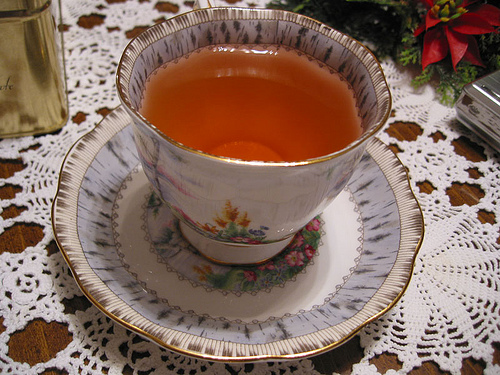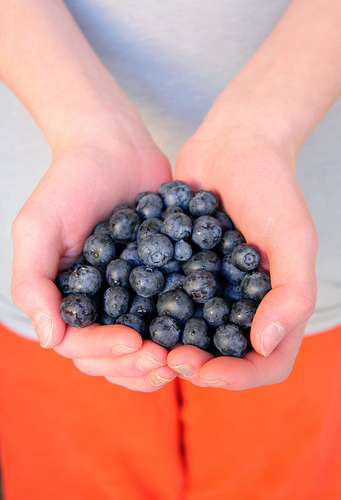Mushrooms
Mushrooms possess selenium, which assists white blood cells in producing cytokines that help eliminate sickness, and beta glucan, an antimicrobial type of fiber, which helps activate “superhero” cells that find and destroy infection.
Fresh Garlic
Fresh garlic contains allicin, a phytochemical antimicrobial compound. A British study found that people taking allicin supplements suffered 46 percent fewer colds and recovered faster from the ones they did contract. Experts suggest 2 fresh cloves a day.
Wild-caught Salmon
Wild-caught salmon boosts vitamin D levels. In a recent study, participants with the lowest levels of vitamin D were more likely to report a recent respiratory infection than those with higher levels. Increase your intake with salmon. A 3.5-ounce serving provides 360 I. U.; some experts recommend as much as 800 to 1000 I. U. daily.
 Tea
Tea
Researchers at Harvard University found that drinking 5 cups of black tea daily quadruples the body’s immune defense system after 2 weeks, probably due to theanine. Tea also contains catechins, including ECGC, which act like a cleanup crew against free radicals. Grotto suggests drinking 1 to 3 cups of black, green, or white tea daily.
Yogurt
The digestive track is one of your biggest immune organs. Keep disease-causing germs out with probiotics and prebiotics, found in naturally fermented foods like yogurt. A daily serving of yogurt labeled as containing “live active cultures” enhances immune functions, according to a study from the University of Vienna in Austria.
Dark Chocolate
According to the British Journal of Nutrition, high doses of cocoa support T-helper cells, which increase the immune system’s ability to defend against infection.
Oysters
Zinc is critical for the immune system. It rallies the white blood cells to attack bacteria and viruses like a flu or cold. One medium oyster provides all the zinc needed for the day.
Almonds
Heart-healthy almonds contain immune-boosting antioxidant vitamin E, which can reduce your chance of catching a cold and developing respiratory infections, according to researchers at Tufts University. You will need more than a serving of almonds to meet the recommended daily dose, so complement with fortified cereals, sunflower seeds, turnip greens, and wheat germ.
Berries
Foods rich in vitamin C, such as oranges, are probably your first thought when you feel a cold coming. According to Grotto, the illness-preventing antioxidant power of these is debatable. Add the antioxidant power of strawberries, blueberries, and raspberries to help reduce the intensity and duration of a cold or flu. 
Sweet Potatoes
Beta-carotene rich foods improve your body’s defense. Beta-carotene is instrumental in the growth and development of immune system cells, and helps neutralize toxins. Sweet potatoes and other orange foods, such as carrots, squash, pumpkin, egg yolks, and cantaloupe are top sources.
Source: The Times (Trenton),“Living” section (B8), October 27, 2009; written by Julie Knapp, Mcclatchy News Services; reported by Margery A. Cottrell, RN.
Image credit:
Blueberries http://www.flickr.com/photos/pinksherbet/
Tea cup http://www.flickr.com/photos/waferboard/
Produce http://www.flickr.com/photos/papalars/
 Fitness & Wellness News Your Source for Fitness News, Wellness News, Health News, and Nutrition News!
Fitness & Wellness News Your Source for Fitness News, Wellness News, Health News, and Nutrition News!



